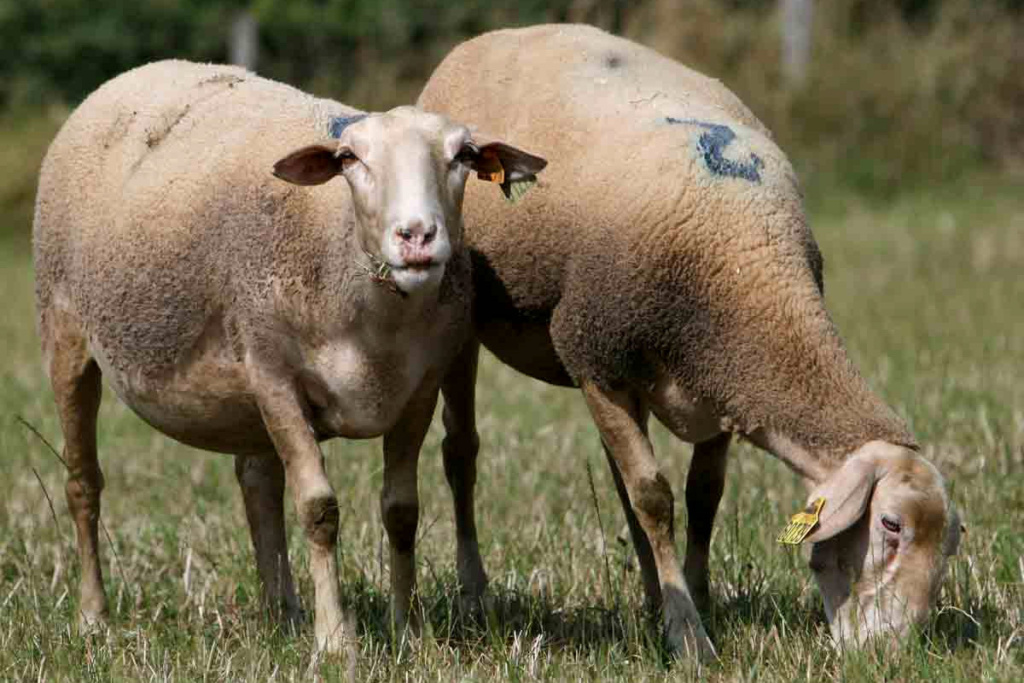
Origin:
The Lacaune sheep breed originates from the Lacaune region in the southern part of France.
Physical Characteristics:
Sheep of this breed are of medium size and have a sturdy build. They are typically white in color.
Meat Quality:
Due to their primary use for milk production, the meat quality of Lacaune sheep is relatively lower compared to other breeds.
Milk Yield:
Lacaune sheep have a high milk yield, making them particularly suitable for cheese production.
Fertility and Lambing:
Sheep of this breed have good fertility rates and often give birth to twins or triplets.
Adaptation Ability:
Lacaune sheep can adapt well to various environmental conditions. They are commonly raised in mountainous regions.
Feeding and Care:
Balanced nutrition and regular care are essential for healthy growth.
Genetic Importance:
The Lacaune breed plays a significant role in the dairy industry, mainly due to its high milk yield.
Lifespan:
With proper care, Lacaune sheep generally live between 6 to 10 years.
Uses:
This breed is primarily raised for milk production. Dairy products, especially cheese production, are the most common uses.
Technical Data:
- Body Weight: 60-80 kg (Female), 80-100 kg (Male)
- Milk Yield: High
- Fertility: Typically give birth to twins or triplets
The Lacaune sheep breed is raised for its high milk yield and good fertility capabilities, particularly for dairy production purposes. It is commonly chosen for cheese production due to its milk quality.
